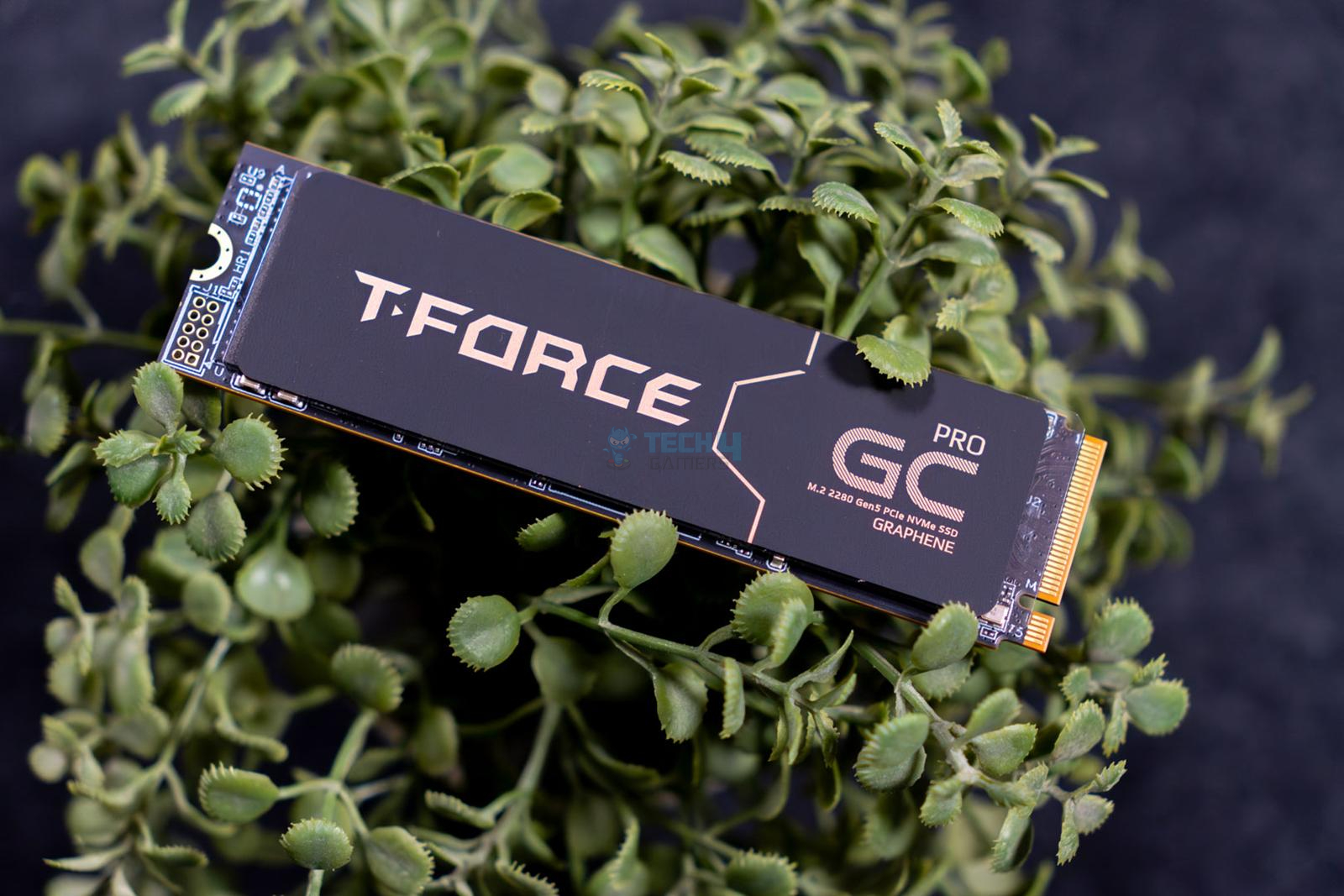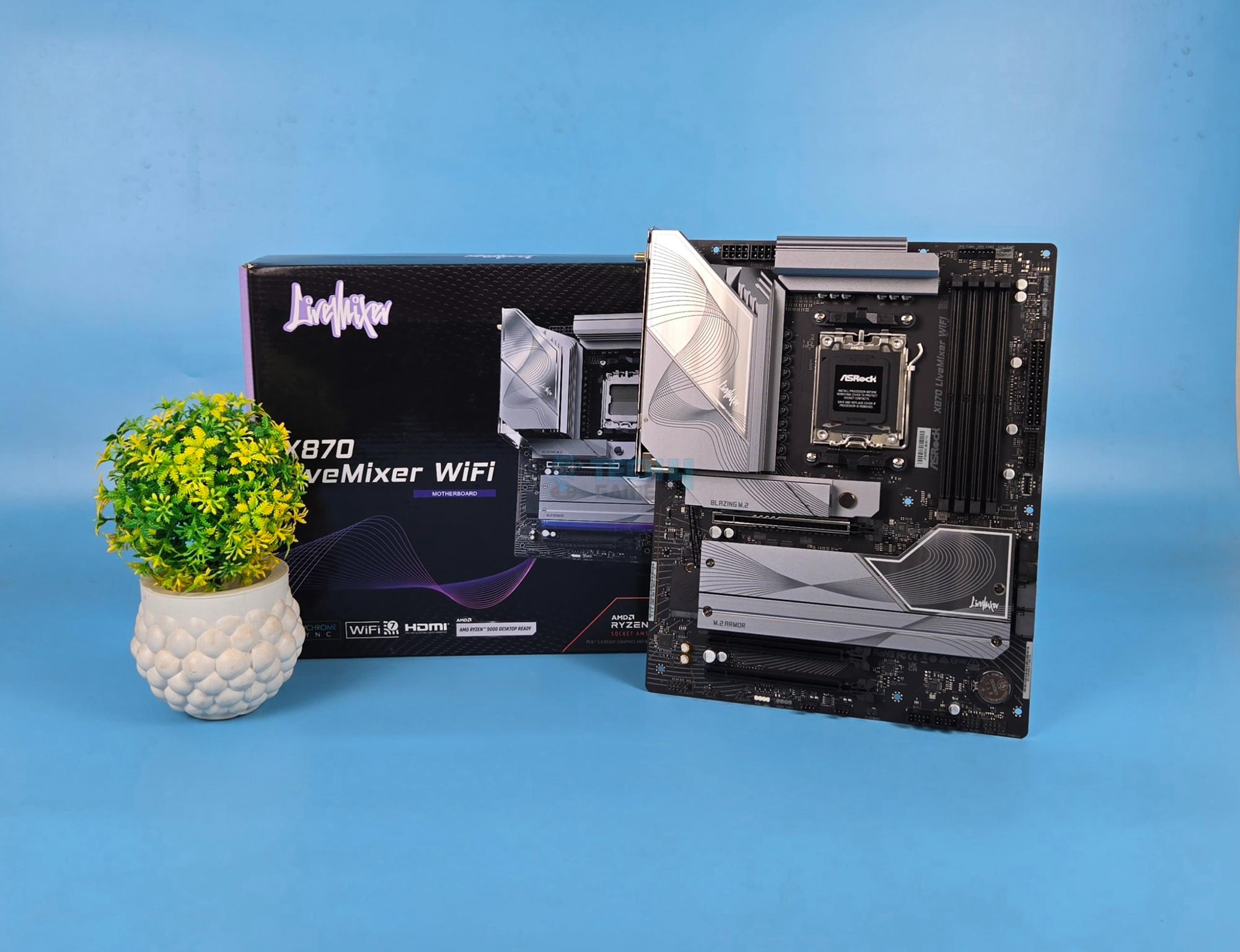Great gameplay, Poor optimization
Summary
Stalker 2 comes across as a labor of love from GSC Game World that falls just short of reaching its full potential. Perhaps a bit too ambitious for its own good, the game nails the survival elements and core gameplay loop. Were it not for the technical hiccups, Stalker 2 would be an easy recommendation as one of 2024’s strongest showings. Still, in its current state, the experience is worth trying for those willing to look past the bugs and glitches.
Overall
-
Story - 7/10
7/10
-
Gameplay - 8/10
8/10
-
Graphics - 8.5/10
8.5/10
-
Audio And Soundtrack - 7.5/10
7.5/10
-
Performance - 6.5/10
6.5/10
Pros
- An incredibly powerful atmosphere
- Hardcore survival gameplay elements
- A genuine sense of difficulty
- Gorgeous environments that put UE5 to good use
Cons
- A general lack of polish
- Poor optimization on PC
- Disappointing English dub
Following a gruelling, passion-fueled journey, GSC Game World has finally launched Stalker 2. While completing and shipping a game is a major achievement in its own right, GSC’s ability to produce an experience of this magnitude deserves more praise than one would usually attribute to a game release.
The game is far from perfect, yet I can’t help but appreciate everything the studio has achieved with this incredible blend of survival horror, first-person shooter, and open-world gameplay.
From the beginning, it’s clear that Stalker 2 is special, and even bogged down by a slew of technical hiccups, the game rarely fails to impress.
Key Takeaways
- Stalker 2 is a gritty and immersive blend of survival horror, open-world exploration, and first-person shooting, set in a hauntingly atmospheric post-apocalyptic world full of danger and discovery.
- You should buy it if you are into survival games and you’re a fan of the Stalker series.
- You should avoid Stalker 2 if you’re after a polished experience and are not interested in dealing with technical issues.
Story
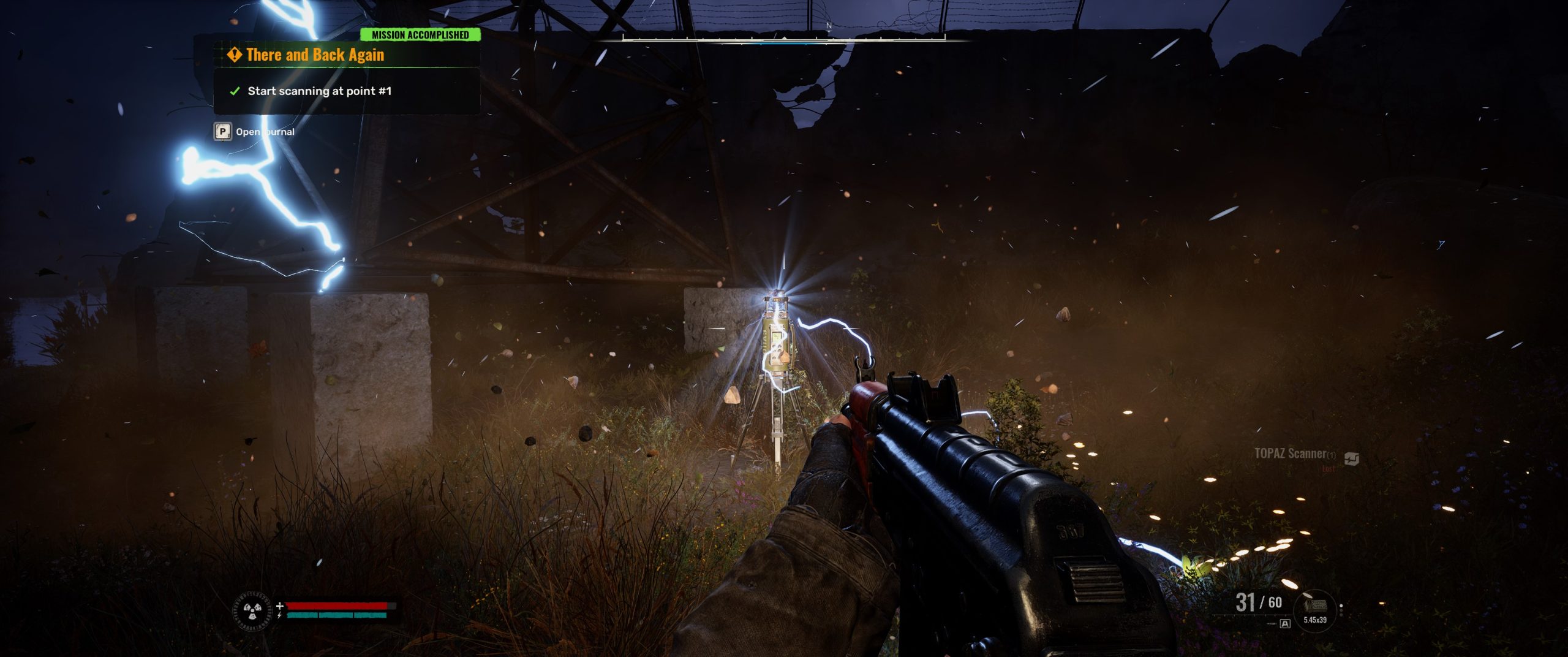
Stalker 2 begins with a simple premise, and the main story doesn’t needlessly take up your time. Following a short introduction of protagonist Skif, a lone wolf out to survive and make the best of a harrowing situation, the game sets you loose in a massive open world.
Set in a fictional post-apocalyptic world where a second nuclear explosion in Chornobyl gives birth to a twisted amalgamation of radiation-filled areas, mutated creatures, and mysterious artifacts, the game presents a bleak world that players must discover and navigate throughout the story.
Stalker 2’s narrative also involves different choices, a core theme of the experience. Deciding who is friend or foe is crucial to the narrative, with these choices leading players down different paths that ultimately result in one of four different endings.
The main story aside, Stalker 2 is at its best when players craft their own experiences. As a huge sandbox, the experience practically demands players engage with twisted beasts, conspicuous NPCs, and the resources scattered throughout the world.
These events can play out wildly differently depending on your actions and approach, leading to personal stories that end up just as memorable as the main narrative, if not more memorable.
The Open World Pulls You In
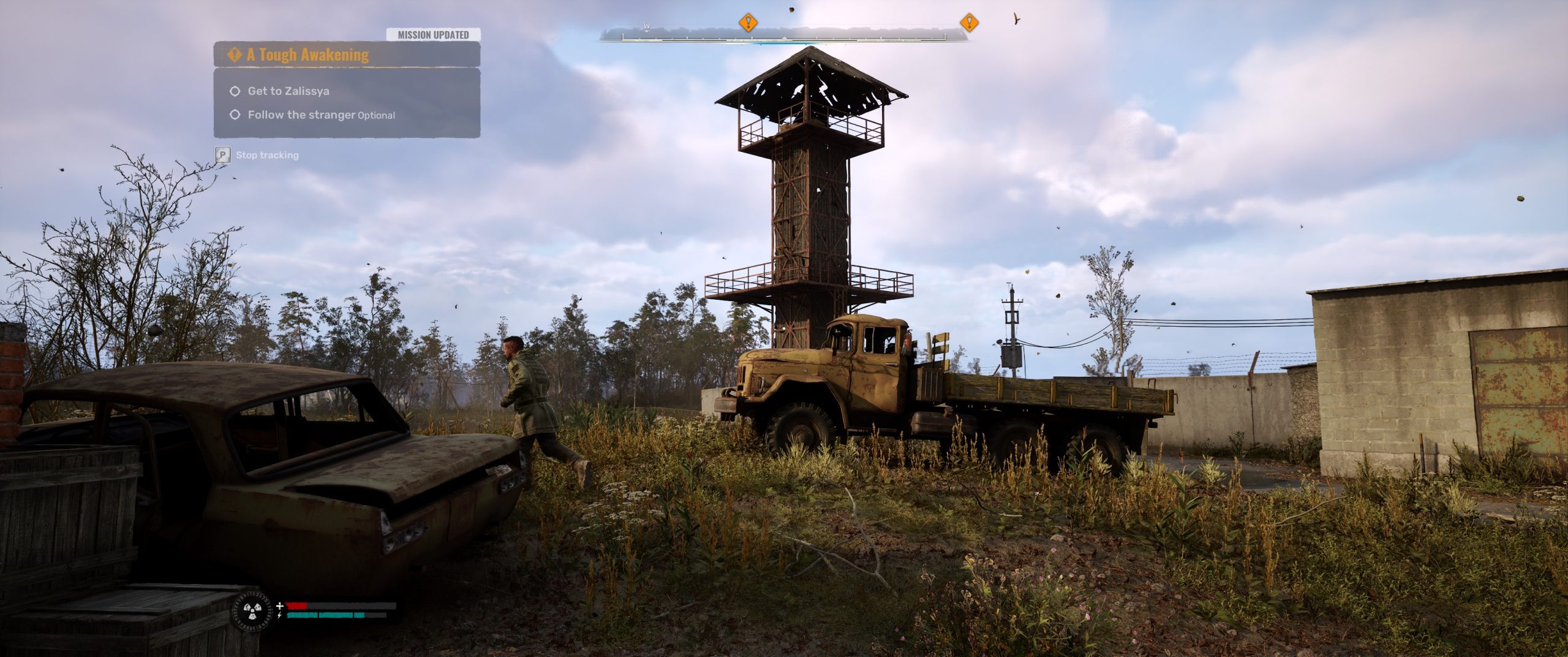
Stalker 2’s world and atmosphere were easily my favorite parts of the experience. Exploring decrepit buildings, navigating through dark caves, or simply traversing large open fields can be incredibly intense because of this atmosphere.
There is a sense of calm and tranquillity in the quieter moments of Stalker 2, but the game wastes no time in ramping things up when the action gets going. Staying thematically true to its depressing nature, the open world also presents a grim outlook more often than not.
The zone, as GSC dubs it, is full of resources to scavenge, yet around every corner lurks unspeakable danger. This contrast gives the world a personality that very few modern games can boast.
Each part of the zone has a different tale to tell, and it’s this very sense of wonder and discovery that kept me coming back to Stalker 2 for more during my first playthrough.
Gameplay
The core gameplay loop consists of unravelling the many mysteries lurking deep within the zone. As a Stalker, Skif must go through each nook and cranny for ammunition, gear, and other resources.
Each situation presents a choice. Do you risk exploring the abandoned outpost out in the distance for a shot at discovering a new piece of gear, or do you simply take satisfaction in the safety of your comfort zone? These types of choices add an element of strategy to the gameplay.
Surviving, Not Thriving
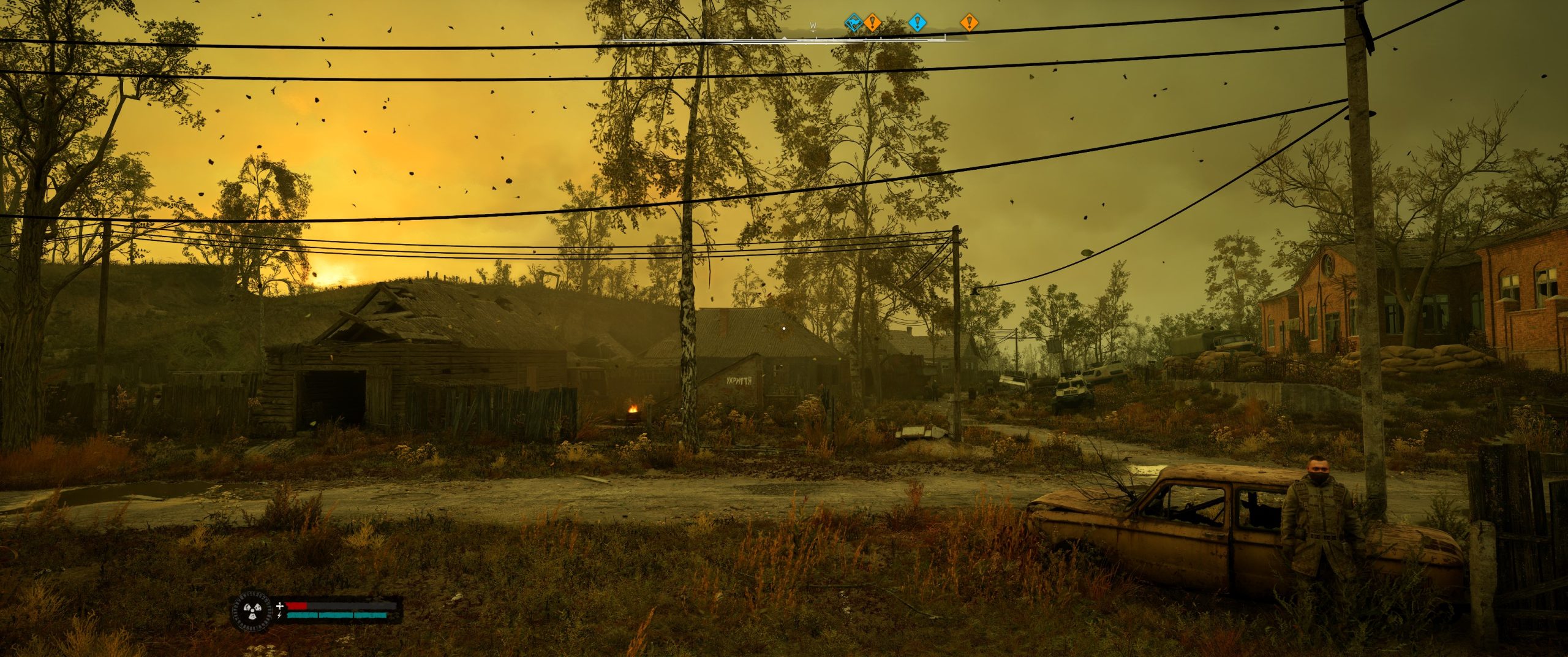
Survival is, as you would expect, at the heart of Stalker 2. The game can present an unexpected sense of challenge because of its unrelenting commitment to the authentic Stalker experience, potentially dissuading new players in the beginning.
Inventory management is plentiful. Skif can become hungry if left unfed, and escaping firefights will often leave you bleeding out. Weapon degradation also fleshes out survival elements further, making it so guns end up jamming mid-firefights without proper maintenance.
Stalker 2 is also far from a power trip. Skif is as fragile as anybody else in the zone, forcing players to carefully pick their battles. It doesn’t take much for the AI to kill you in this game, adding a heightened sense of tension to each encounter.
When these mechanics work in conjunction, Stalker 2 offers an exciting display of horror and survival. The unpredictable nature of anomalies and supernatural events that bend the rules of nature add further depth to the experience.
A by-the-books encounter can go all too wrong due to an unexpected vortex, but these moments also present an opportunity to benefit from the zone’s chaotic nature.
The Gunplay Is A Mixed Bag
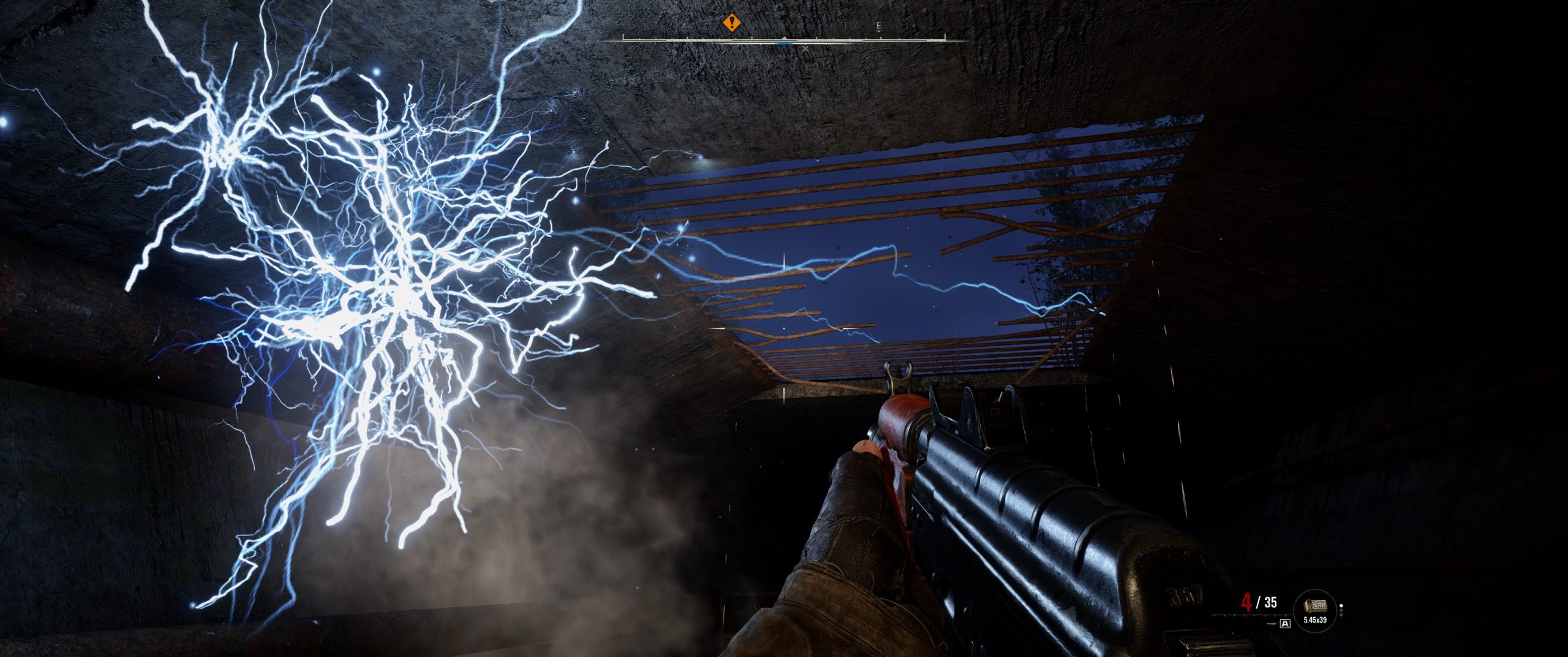
Much of your time in the game will be spent shooting NPCs and disfigured beasts. In terms of gunplay, GSC’s approach is a major departure from the smoother and more refined combat players have grown accustomed to in the modern era.
Stalker 2’s weapons have a distinct sense of weight and roughness to them. You can’t simply wield an AK-47 and effortlessly shoot your way through an entire room of foes since the weapons can feel clunky at times.
Still, the first-person shooting is far from bad. If anything, the harsh recoil and clunkiness go well with the thematic nature of Stalker 2’s punishing world, bringing a sense of cohesion to the experience.
It is also important to consider the fact that the weapons here are a lot more interesting than the typical arsenal you would find in other first-person shooters. Customization is extensive, and experimenting with different combinations can be genuinely interesting.
If nothing else, I found the customization novel to engage with due to the sheer absurdity of being able to make a shotgun-sniper hybrid that fit right into the game’s disturbing world.
A Work In Progress
For all its strengths, Stalker 2 is, by all means, a work in progress. The game is the furthest possible thing from a polished experience despite the numerous delays from GSC over the last few years.
Although the team optimized extensively for both consoles and PC, performance also leaves much to be desired. In terms of technical hiccups, the review build was marred by very standard glitches that ranged from characters T-posing to the game suddenly going radio silent.
More intrusive problems saw Stalker 2 crashing on multiple occasions and requiring restarts to progress certain quests. These problems, while far from ideal, were not enough to ruin what was otherwise an exciting adventure filled with uncertainty and tension, but I would be lying if I said the bugs didn’t begin to add up by the end of my playthrough.
The game also received multiple patches in the week that I had with the review copy. Quite appropriately, one patch led to the whole game being downloaded from scratch, highlighting yet again that Stalker 2 could have used a bit more time in the oven.
Graphics And Performance
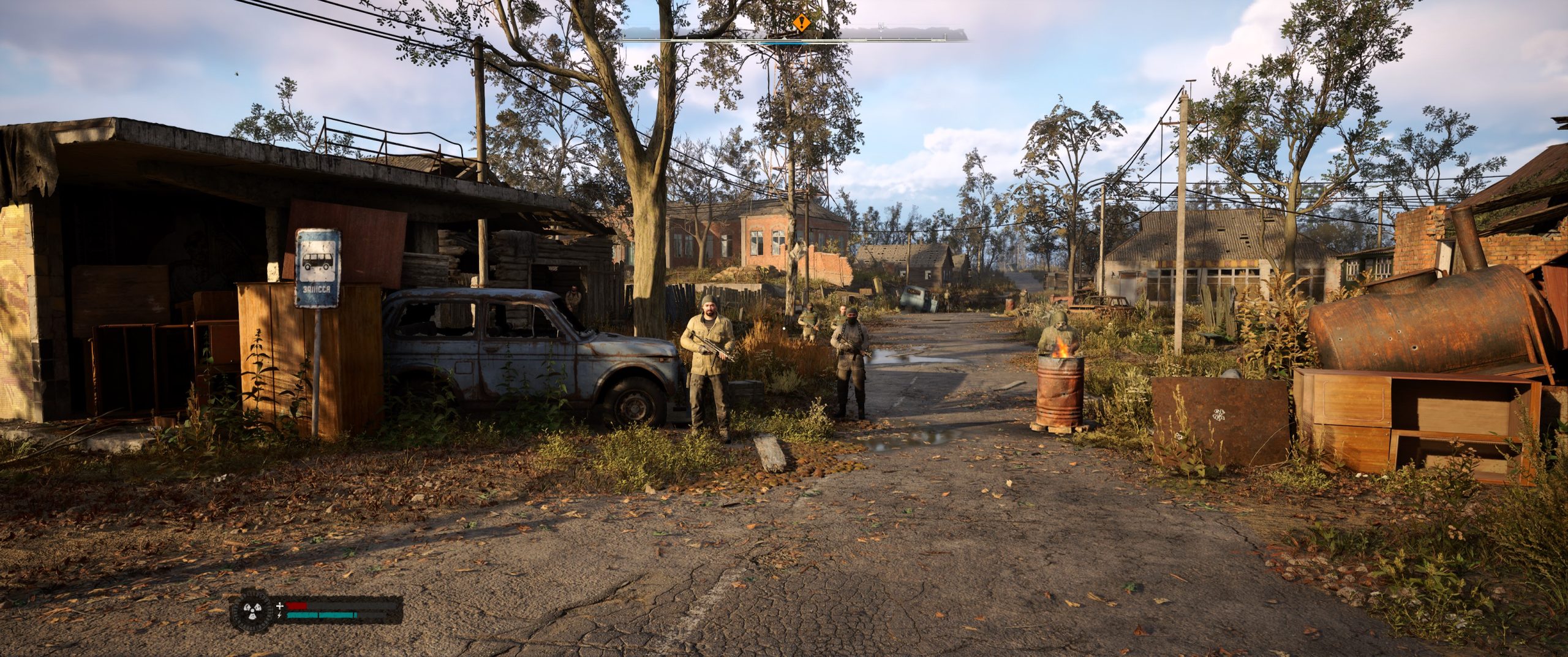
We used this test bench for the game:
- CPU Cooler: DeepCool Mystique 360
- CPU: Ryzen 7 7800X3D [Auto, Stock]
- Motherboard: MSI MEG X670E ACE
- GPU: Gigabyte RTX 4090 Gaming OC
- Storage for OS: Western Digital SN850 Black 500GB NVMe SSD
- Storage for Software: Sabrent Rocket 4 Plus 2TB Gen4x4 NVMe SSD
- Storage for Games: Sabrent Rocket 4 Plus 4TB Gen4x4 NVMe SSD
- Power Supply: Corsair HX1200i ATX 3.0 Platinum
- Operating System: Windows 11 Pro Build 23H2
Powered by Unreal Engine 5, this first-person shooter promised jaw-dropping visuals in its pre-release material. Last year’s showings led to concerns about GSC potentially failing to live up to initial promises, but the game is, more often than not, a looker.
The gorgeous lighting and detailed environments will practically force you to pause from time to time and take in the haunting yet serene nature of the zone. Each dilapidated building is also rendered in exquisite detail, mirroring real-life locations from Chornobyl.
These places are brought to life with Unreal Engine 5’s Lumen, adding a sense of realism to each location. Standing in stark contrast, character models are often disappointingly bland and dated, save for a few important NPCs. Moreover, the environments suffer from frequent object pop-ups.
The performance also leaves much to be desired, and Unreal Engine 5’s taxing nature does not help. Following concerns over the official system requirements, it’s clear that Stalker 2 does not offer a smooth experience unless you have the latest and greatest hardware powering your PC.
When tested with a GeForce RTX 4090 and a Ryzen 7 7800X3D at 3440×1440 resolution, the first-person shooter ran at around 110FPS. However, this required compromises like DLSS Quality upscaling and Frame Generation.
In typical Unreal Engine 5 fashion, stuttering also persisted throughout my playthrough. These problems will undoubtedly be ironed out with future patches, but the current performance is not great news for most PC gamers.
Audio And Soundtrack
GSC’s work in the audio department is generally good. The sound effects work well to emphasize the immersive nature of the zone, pulling you into the experience.
Distant gunshots, roaring explosions, and ambient noises often break exploration, serving as a reminder of Stalker 2’s beautiful audio design. The soundtrack is also quite fitting, hitting all the right notes depending on the situation.
On the other hand, the game falters when it comes to its voiceover. The English voice acting, in particular, is not flattering and suffers from lip-syncing issues. I recommend sticking with the Ukrainian dub since it offers a more authentic voice-acting experience.
Should You Buy It?
Buy It If
✅You love everything about hardcore survival games and enjoyed the original Stalker. The game will likely be worth it for die-hard fans, even in its current state.
Don’t Buy It If
❌You want a polished experience from the beginning. While Stalker 2 is a great game, it’s hard to fully recommend without the obvious caveat of its current technical hitches.
Final Thoughts
Stalker 2 is an ambitious game that pulls you into a haunting, unforgiving world like few others can. Despite its flaws—technical issues, performance hiccups, and some clunky gunplay—it delivers a unique mix of survival horror, open-world exploration, and gripping storytelling.
While it’s clear the game could have used more polish, what’s here is still a memorable and rewarding experience. With that said, if you’re willing to look past the rough edges, Stalker 2 offers a journey that’s both challenging and unforgettable.
Thank you! Please share your positive feedback. 🔋
How could we improve this post? Please Help us. 😔
[Senior News Reporter]
Avinash is currently pursuing a Business degree in Australia. For more than 5 years, he has been working as a gaming journalist, utilizing his writing skills and love for gaming to report on the latest updates in the industry. Avinash loves to play action games like Devil May Cry and has also been mentioned on highly regarded websites, such as IGN, GamesRadar, GameRant, Dualshockers, CBR, and Gamespot.


 Threads
Threads

